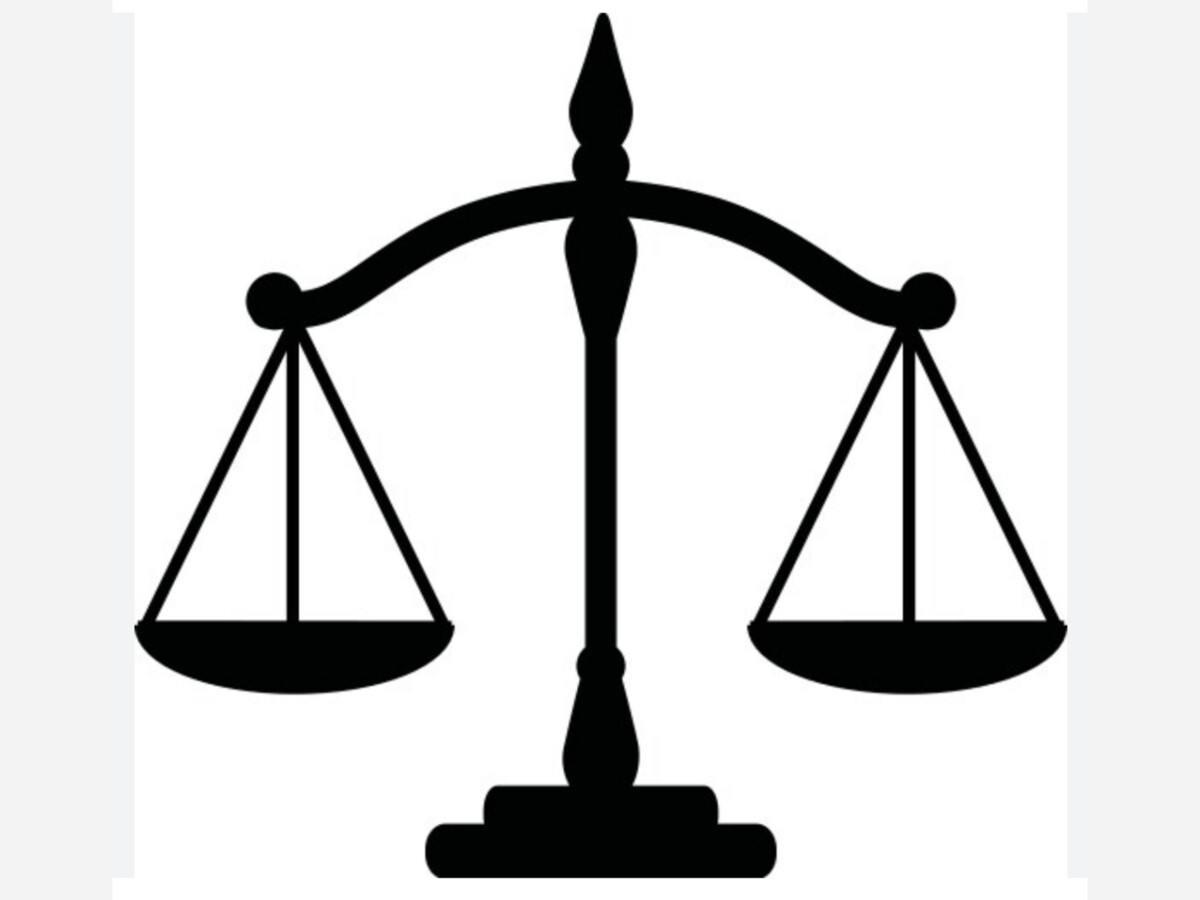Image


*image from VectorStock
On March 25, West Windsor settled a challenge brought by Fair Share Housing Center (FSHC) to the town’s fourth round affordable housing obligation and agreed on the construction of 480 units at a session with the program appointed mediator according to Laura Smith-Denker Esq, Managing Director of Litigation at the FSHC.
The 480 unit number is between the 661 unit number originally calculated by the NJ Department of Community Affairs (DCA) in October 2024 and the 392 number calculated by West Windsor in January 2025.
The Affordable Housing Program is a NJ State Program designed to require that municipalities in the state build their “fair share” of affordable housing. On March 18, 2024 Governor Phil Murphy signed into law changes to the program to codify how a town’s obligation is calculated and what a challenger needs to do to challenge the DCA’s calculation.
In the West Windsor case, the challenge was mediated by retired Judge Mary C. Jacobson a member of the Affordable Housing Dispute Resolution Program. According to Ms. Smith-Denker, the settlement that was agreed to on March 25th needs to be drafted into a settlement agreement that needs to be signed by both parties. Judge Robert T. Lougy, the judge overseeing the program recommendations for Mercer County, may then request a hearing or just sign off on the settlement.
The main difference between the original 661 unit number and the final 480 number had to do with whether the approximately 650 acres of land that West Windsor has approved for the development of 7 warehouses of 5.5 million square feet by Bridgepoint West Windsor LLC is developable land. It was included in the original 661 unit calculation and excluded in the 480 unit calculation.
The next step for the town in the fourth round process is for it to submit a housing element plan to the Program by June 30th. The housing element plan identifies the locations in town where the affordable housing units will be built.
Additional information from the Fair Share Housing Center:
New Jersey’s law gives towns a wide variety of tools to create affordable housing in the way they prefer. Municipalities can choose from a range of options — such as 100% affordable housing, mixed income housing, supportive housing for seniors or people with disabilities, or repurposing abandoned malls or offices. Many of these options qualify for bonuses that would further decrease the total number of units that West Windsor is responsible for.
Municipalities in New Jersey are not required to directly fund affordable housing projects through local taxpayer dollars. Instead, these developments are often supported through a combination of state programs, subsidies, and developer contributions.